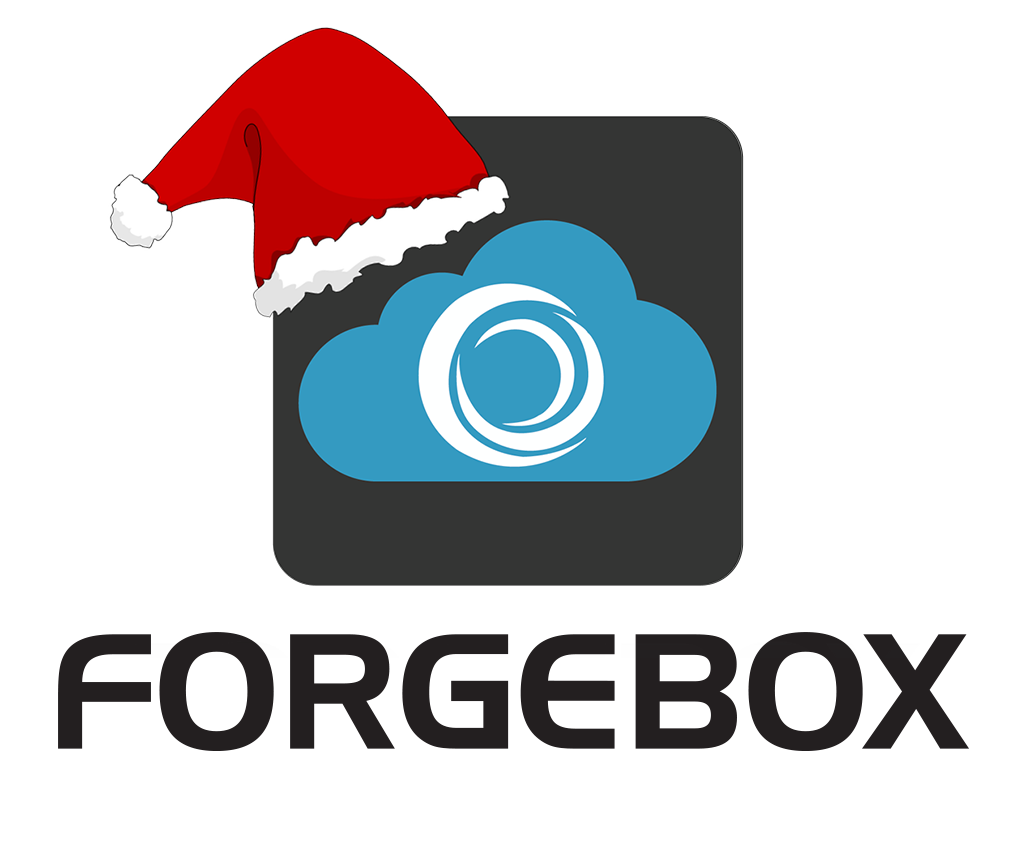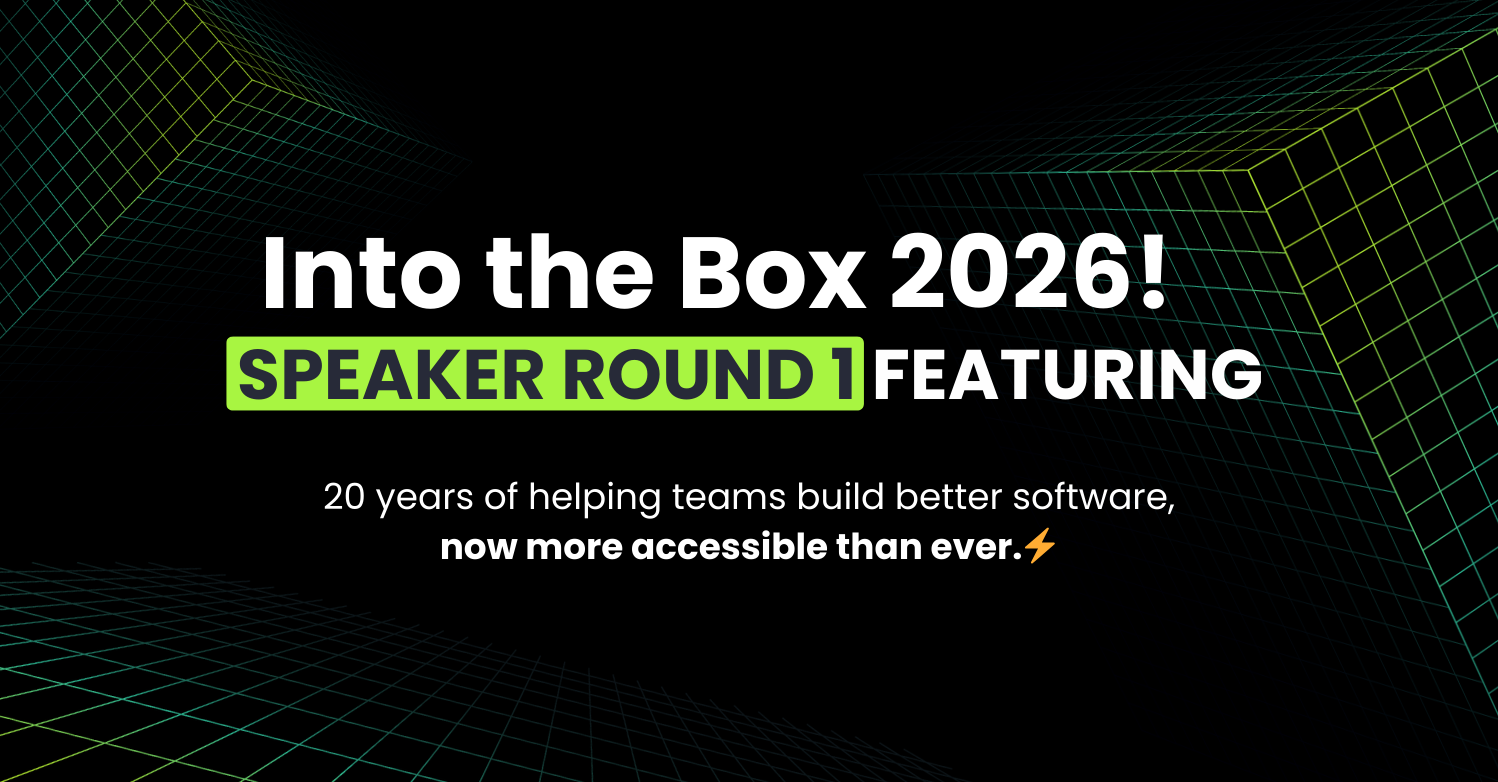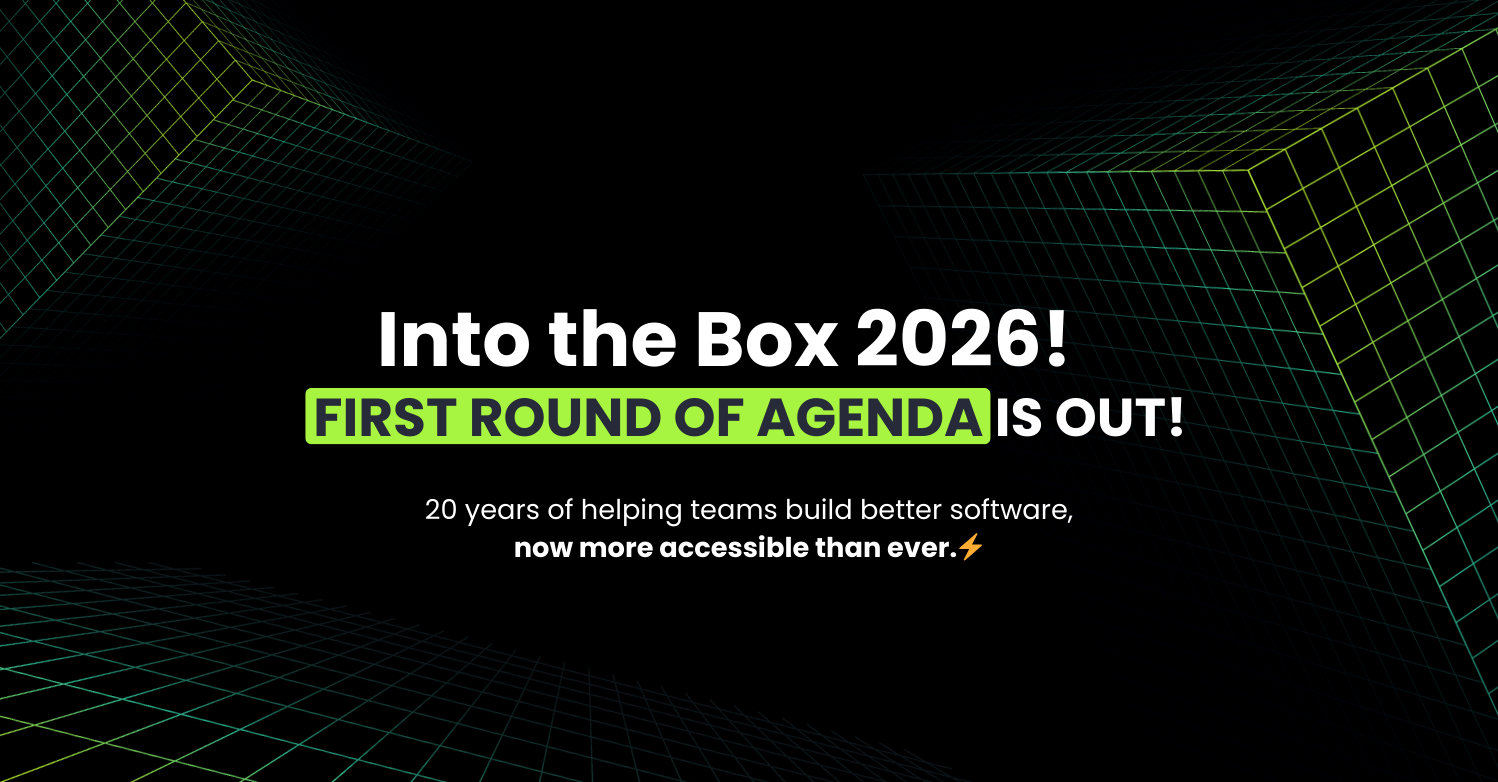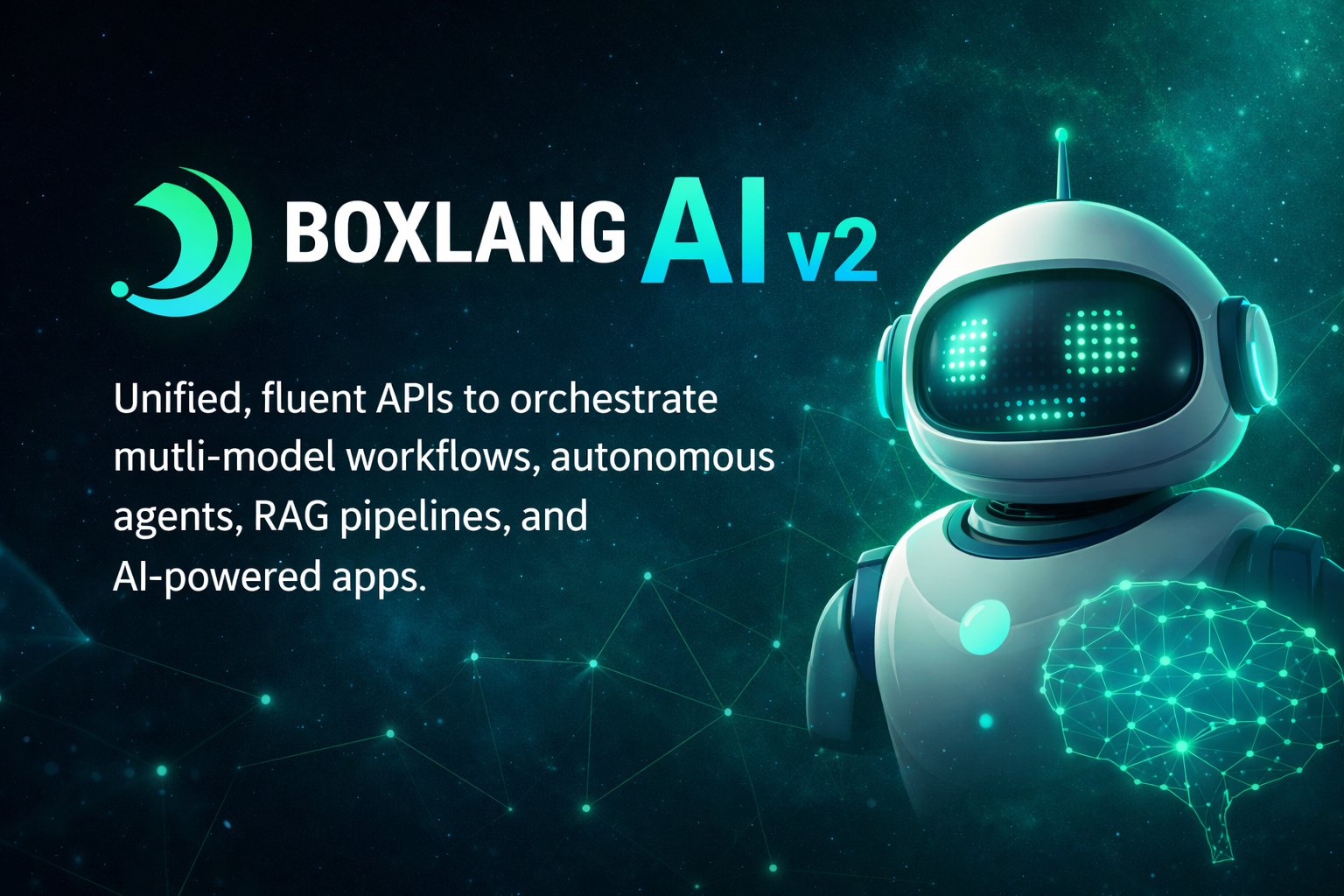 Merry Christmas!
Merry Christmas!
Welcome to the last day of (ForgeBox) Christmas! I hope you have enjoyed this crash course in these different modules. The ForgeBox ecosystem is vast and wonderful. Next time you have a need, open up https://www.forgebox.io and check to see what the community has already contributed. Let's end today with an introduction to CFFractal, an API marshalling module.
CFFractal
The docs for CFFractal are pretty awesome, so please forgive me if large sections of this blog post are copy-and-pasted.
Why CFFractal?
CFFractal in two sentences:
Views take models and return HTML. CFFractal takes models and returns JSON (or your favorite serialized format).
You would want to use CFFractal if:
- You need to transform your business models to json in many different places.
- You need to include and exclude relationships depending on the endpoint.
- You don't want to repeat yourself all over the place.
Here are some more in-depth reasons:
Conventions around nested resources
CFFractal is able to parse your includes and excludes for you. That means no more having to litter your transformers with if statements. No more huge parameter lists. Just one argument to pass: includes. We'll handle the rest.
Also, includes are in the hands of the caller. Does the caller not want the user? Great. Don't include it. Do they want 6 levels of nested relationships? Okay. We'll do it. Ultimate flexibility.
Default includes
Some includes are opt-in. Others should always be included. CFFractal makes this easy while still delegating transformation to each resource.
Nested includes
Do you want to get your post's author's comments? No worries! Your includes string can get that with includes=author.comments. Have more levels? Have at it!
Sharing resource transformations
Adding a field to an entity? If you used CFFractal, you only need to add it to your transformer. Every included resource will get it automatically.
You have a user entity that you want to serialize, but not ever with the password? Just exclude it in your transform() function. All calls to CFFractal, including nested includes, will benefit from your attention to security for free.
Consistency
It is frustrating as a consumer of an API to have to make multiple requests
where one should have sufficed. One situation where this is sadly the case is
inconsistent output between resources. Does the user struct include the
last_logged_in key when requesting from one endpoint but not another? It is an
easy mistake to make. CFFractal helps to reduce these mistakes by creating a
single source of truth for resource transformations — a Transformer.
Another place that is easy to mess up consistency is the response output. Is your data nested in a data key? Are you separating resources into their primary keys and a map? It's too easy to have one endpoint behave differently than another. In CFFractal, Serializers define the structure of the response and can help ensure a consistent output across your API endpoints.
Encapsulation
Playing with your model formats or your data layer code? It won't affect your API if you used CFFractal. Your Transformers are your single source of truth for model transformations. If changes need to be made, they are encapsulated in those files. Your API output will be unchanged from the consumer's point of view.
Flexible
From Jon Clausen:
Having written API’s against MongoDB, ORM, and even a few that use legacy DAO/Gateway patterns, the benefit for me of the fractal transformation module is that I can use it for any of them, because of the transformer. If the models already know how to accomplish the transformations to a degree, like our mementos in ORM, then that’s great.
You don’t always have that, though, and you don’t always want a fully normalized expansion. Sometimes you need only a small subset when dealing with secondary one-to-one relationships that need some normalization of the top level element.
This eliminates three methods that I always found myself writing (or copy/pasting and adapting) for every API handler:
- The collection marshalling method
- The single entity response marshalling method
- The format entity method, which handles the expansion parameters in the collection
That's enough of the "Why". Let's look at the "How":
var fractal = new cffractal.models.Manager(
itemSerializer = new cffractal.models.serializers.SimpleSerializer(),
collectionSerializer = new cffractal.models.serializers.ResultsMapSerializer()
);
var book = {
id = 1,
title = "To Kill A Mockingbird",
author = "Harper Lee",
author_birthyear = "1926"
};
var resource = fractal.item( book, function( book ) {
return {
id = book.id,
title = book.title,
author = {
name = book.author,
year = book.author_birthyear
},
links = {
uri = "/books/" & books.id
}
};
} );
var transformedData = fractal.createData( resource ).toJSON();
// {"data":{"id":1,"title":"To Kill A Mockingbird","author":{"name":"Harper Lee","year":"1926"},"links":{"uri":"/books/1"}}}
This can be made even easier with the builder pattern and Transformer components:
// models/transformers/BookTransformer.cfc
component extends="cffractal.models.transformers.AbstractTransformer" {
function transform( book ) {
return {
id = book.id,
title = book.title,
links = {
uri = "/books/" & books.id
}
};
}
function includeAuthor( book ) {
return item( book.getAuthor(), "AuthorTransformer" );
}
}
// models/transformers/AuthorTransformer.cfc
component {
function transform( author ) {
return {
name = author.name,
year = author.birthyear
};
}
}
// handlers/Main.cfc
component {
property name="fractal" inject="Manager@cffractal";
property name="bookService" inject="entityService:Book";
function index( event, rc, prc ) {
prc.response.setData(
fractal.builder()
.item( bookService.get( rc.id ) )
.withTransformer( "BookTransformer" )
.withIncludes( "author" )
.convert()
);
}
}
// {"data":{"id":1,"title":"To Kill A Mockingbird","author":{"name":"Harper Lee","year":"1926"},"links":{"uri":"/books/1"}}}
ODW Video Recording
Jon Clausen did a wonderful presentation on CFFractal at ODW. Check it out below for more detail on CFFractal and its use in an application.
ODW2017 - CFFractal Marshall Your Business from Luis Majano on Vimeo.
Wrap Up
Thanks again for coming along for the ride. I hope to see you (and your code) on ForgeBox soon!




Add Your Comment